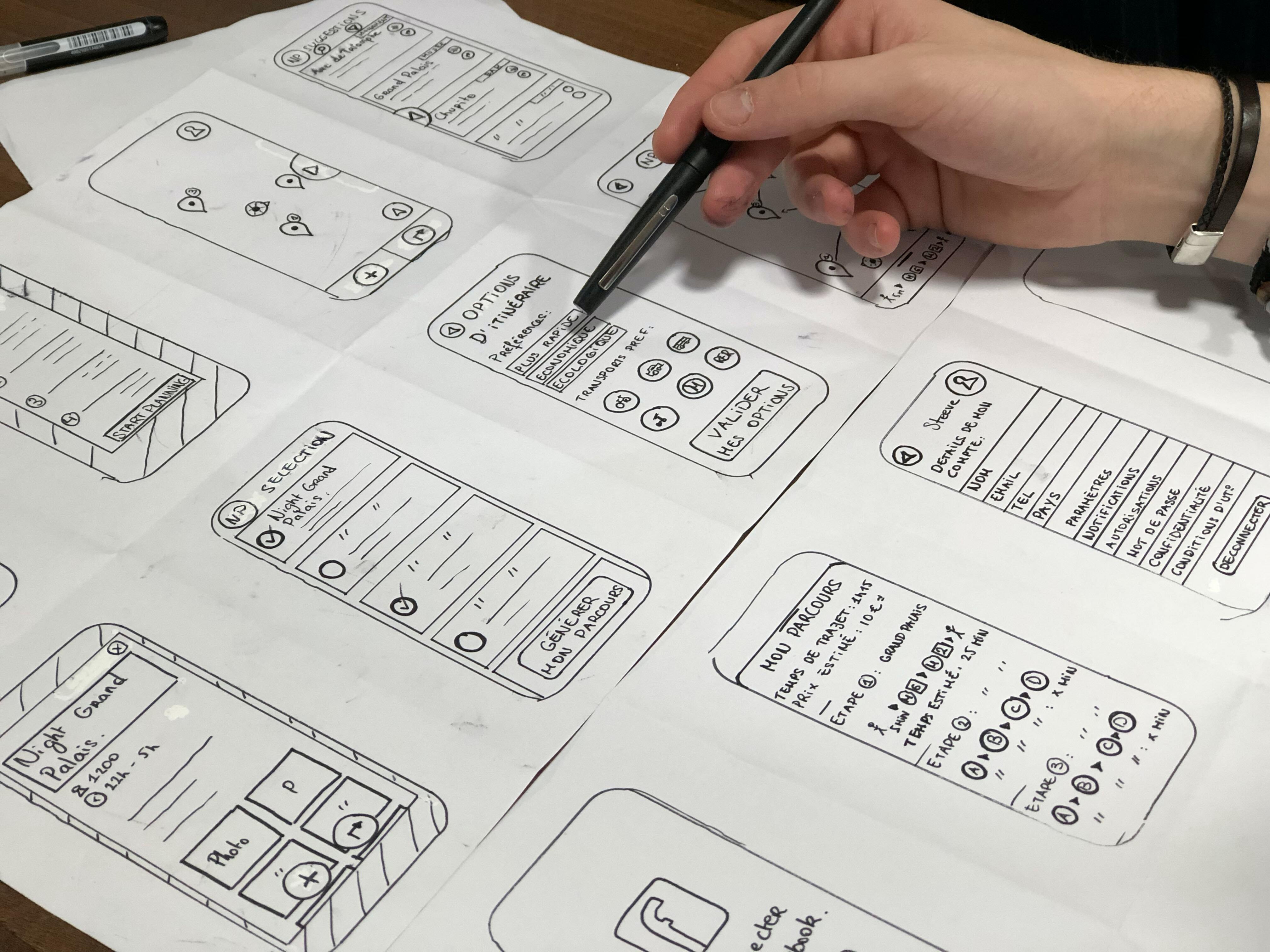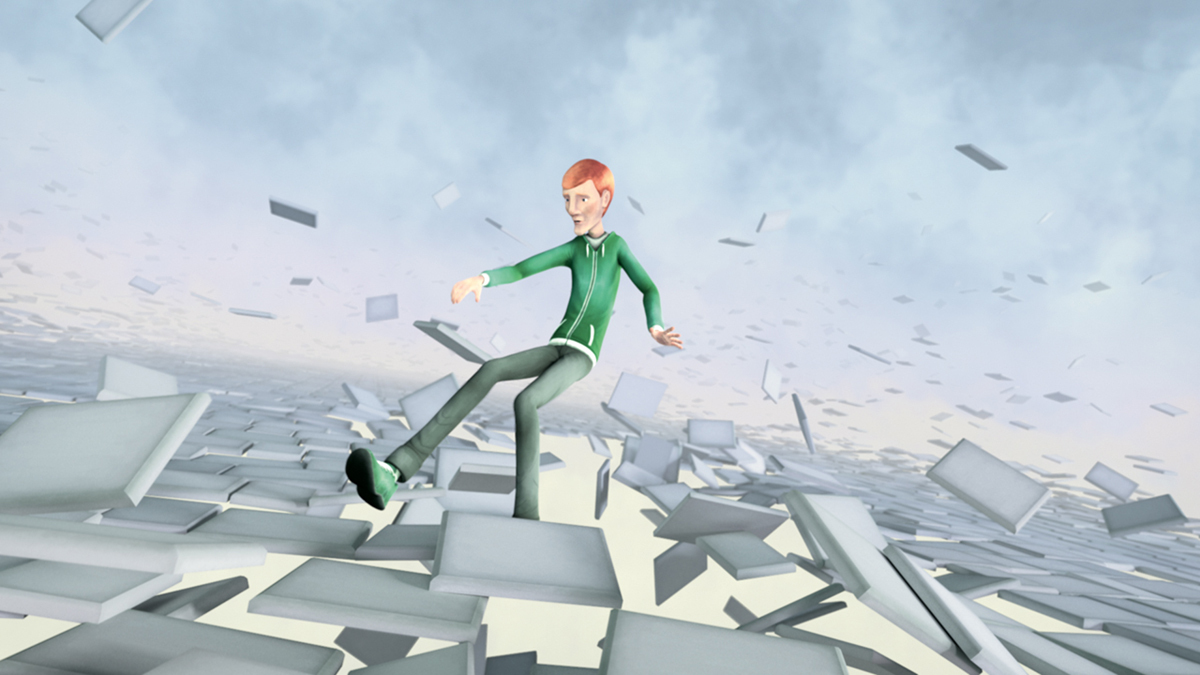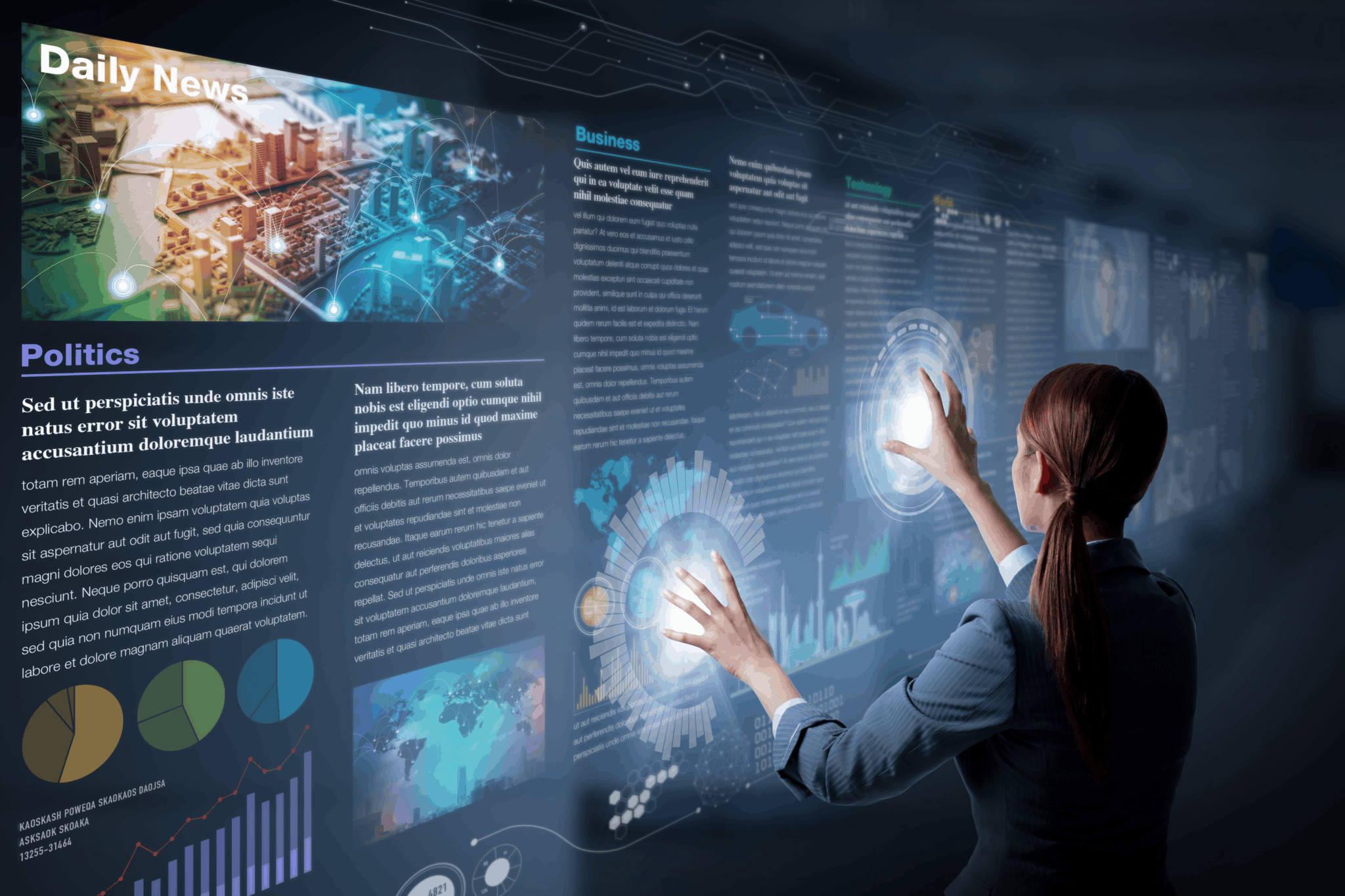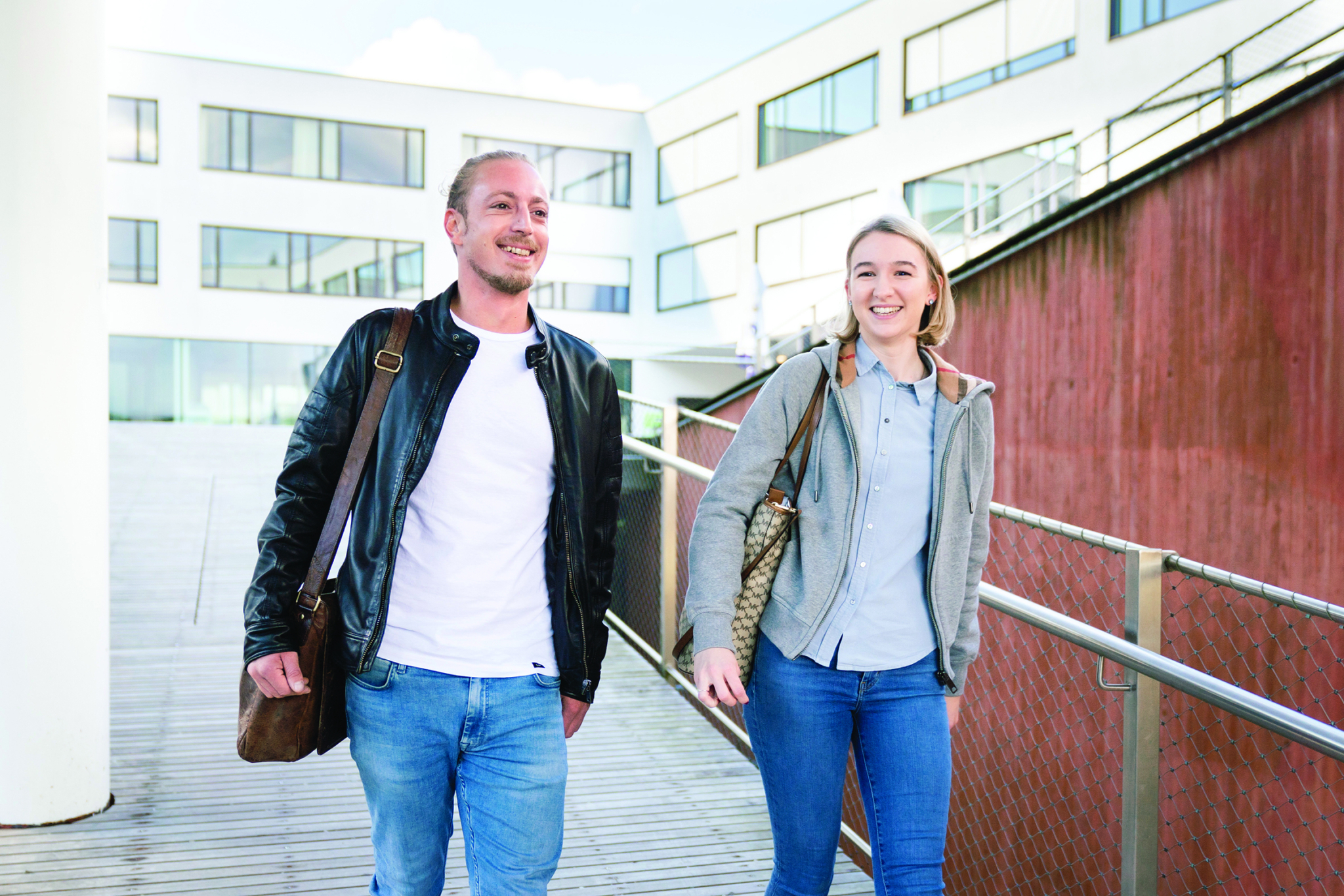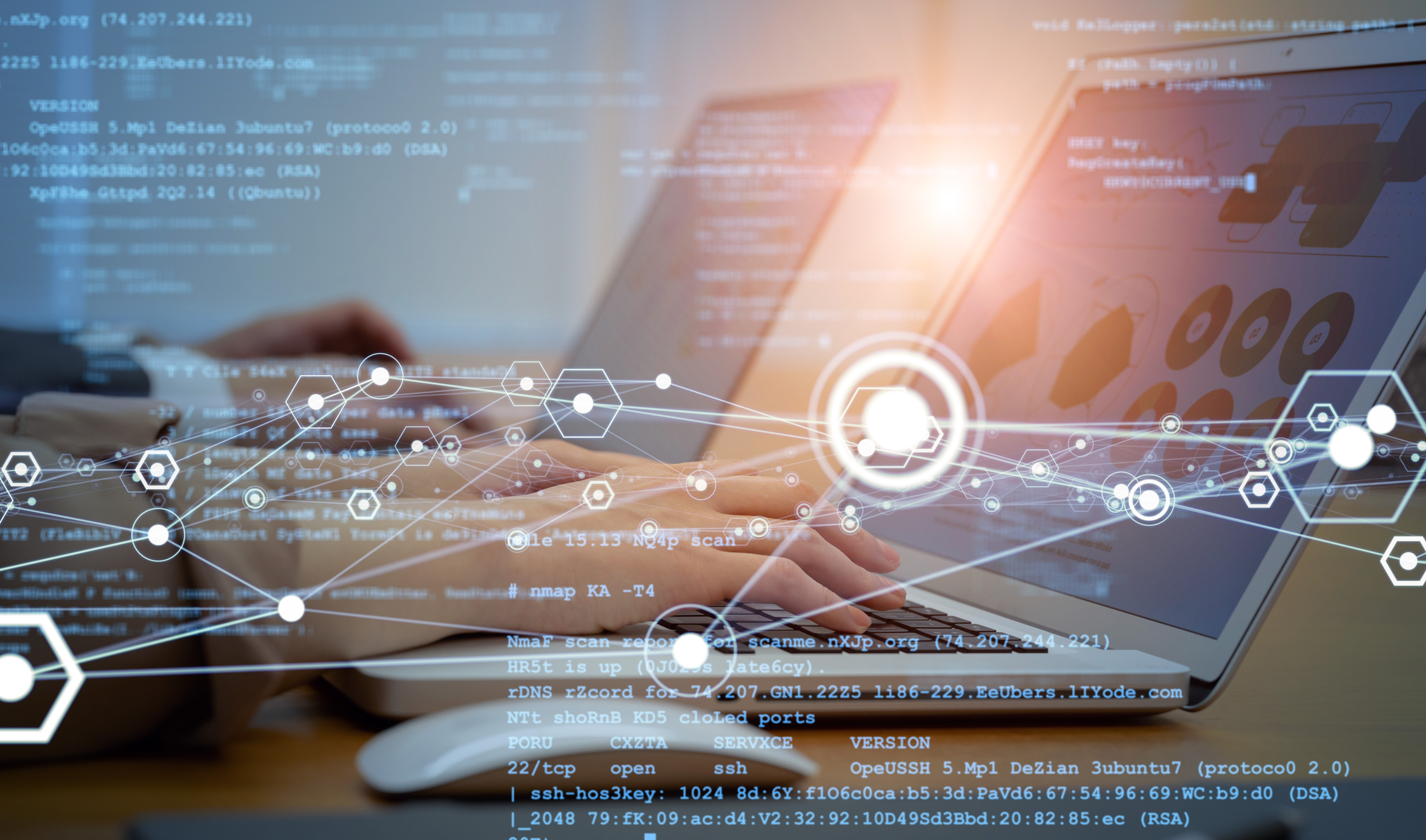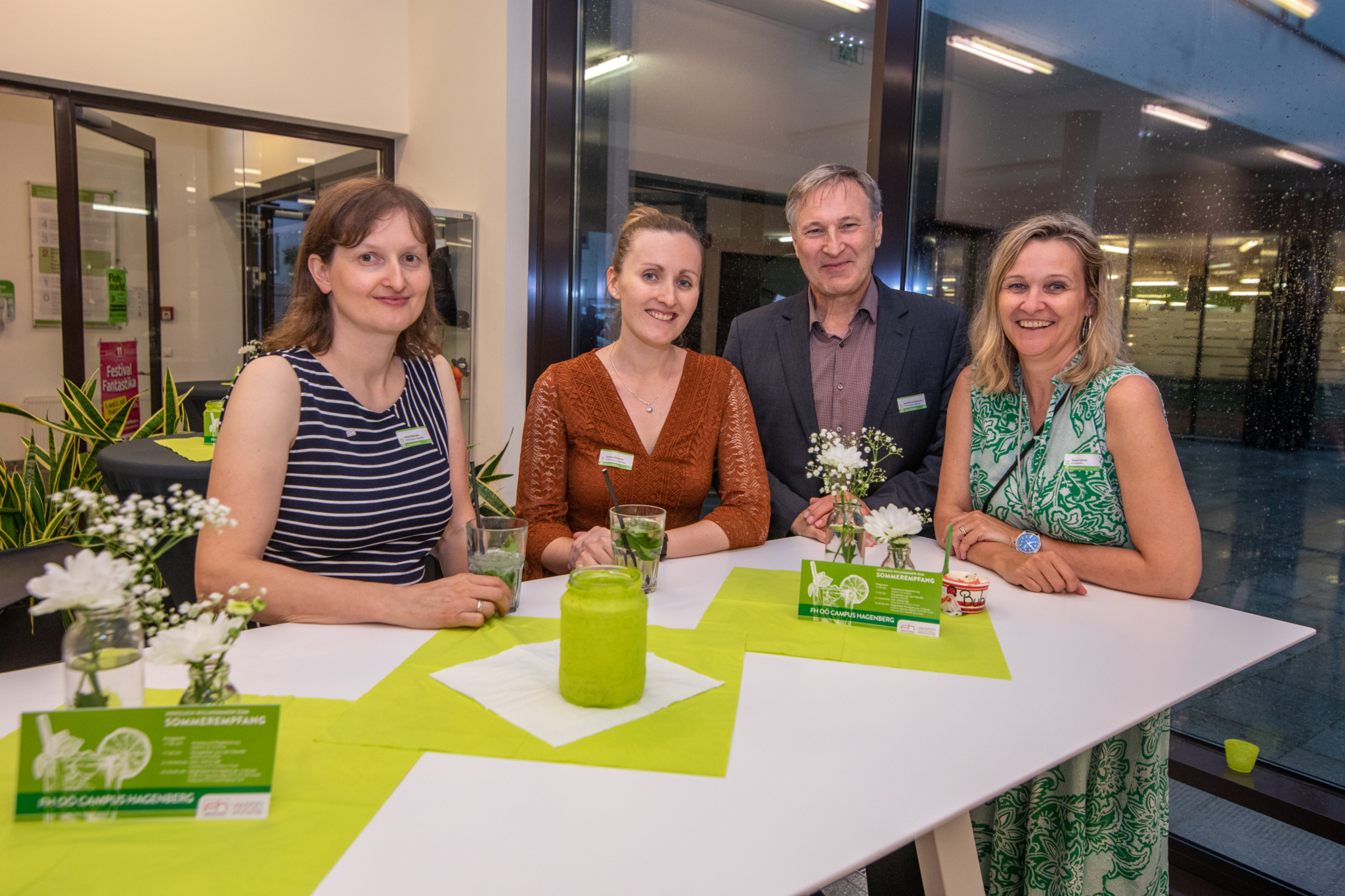Interactive Media
Master, Vollzeit
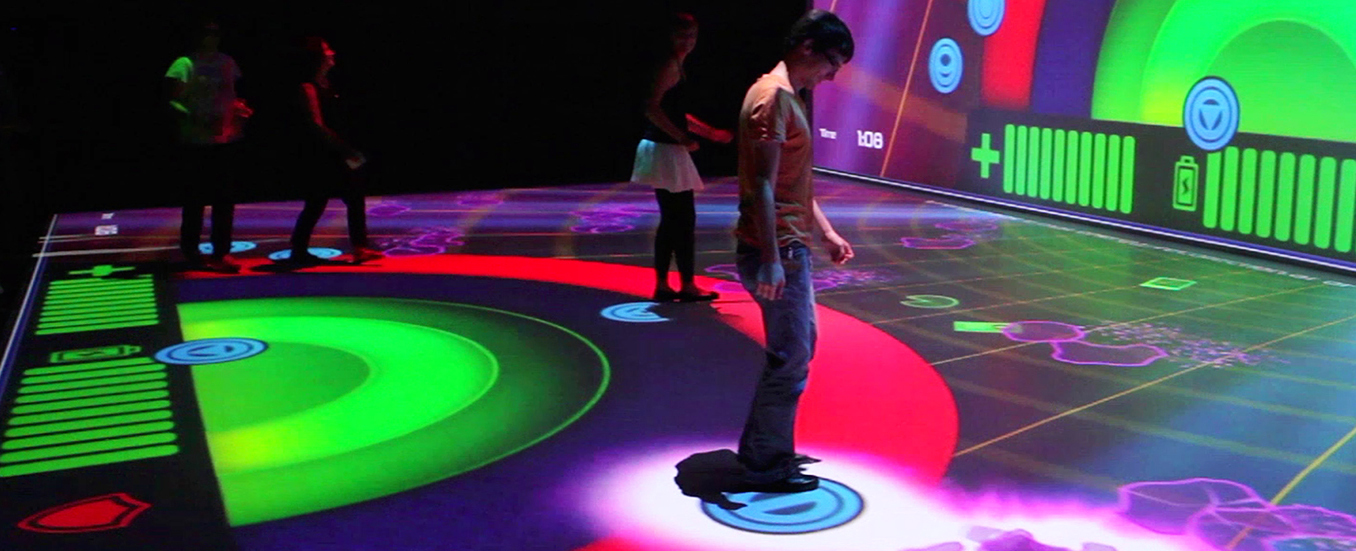
- Campus Hagenberg
- E-Mail im@fh-hagenberg.at
- Telefon +43 5 0804 22104
- Infoblatt downloaden Anfrage stellen
Expertise in interaktiven Technologien, Computerspielen und Onine-Medien
Key Facts
-
Abschluss
Master of Science in Engineering -
Studiendauer
4 Semester (120 ECTS) -
Organisationsform
Vollzeit -
Sprache
English -
Studiengangskennzahl
0629 -
Studienplätze
24
-
Zugangsvoraussetzungen
Abschluss eines Bachelor- oder äquivalenten mindestens dreijährigen Studiums an einer anerkannten in- oder ausländischen postsekundären Bildungseinrichtung mit IT-bezogenen Ausbildungselementen im Umfang von 60 ECTS. Gute Englischkenntnisse. – Details zur Zulassung.
-
Bewerbungsfrist
30.06. für EU-Bürger*innen
31.05. für Nicht-EU-Bürger*innen -
Aufnahmeverfahren
Bewerbungsgespräch
Details zum Aufnahmeverfahren -
Auslandssemester
An einer internationalen Partnerhochschule möglich
-
Kosten
Berufsbild
Technische und soziale Kompetenzen erwerben - das ist ein unschlagbares Gesamtpaket.
Christoph Donner, BA MSc
Project Applicant Consultant, MIC Datenverarbeitung
Praxis und Forschung
Projekte in jedem Semester ermöglichen die Umsetzung innovativer Ideen in kleinen Teams unter fachkundiger Betreuung. Dafür stehen top ausgestattete Studios, professionelles Medienequipment und Software sowie leistungsfähige Hardware zur Verfügung.
Im Rahmen der Projekte und der abschließenden Masterarbeit besteht auch die Möglichkeit in der Forschung mitzuarbeiten. Die Forschungsthemen reichen u.a. von Multimedia-und Machine-Learning-Anwendungen im Web bis zu den Bereichen Mensch-Computer-Interaktion und Computer Games.
Wussten Sie, dass...?
... aus dem Studiengang drei Forschungsgruppen hervorgegangen sind:
Playful Interactive Environments
Media Interaction Lab
Web Intelligence and Innovation Laboratory
Häufig gefragt
Wir haben die brennendsten Fragen rund um den Studienschwerpunkt beantwortet. Allgemeine Fragen zum Studium und Studentenleben in Hagenberg finden Sie auf unserer FAQ-Website. Ein Blick darauf lohnt sich!
Falls noch Fragen offenbleiben, bitte einfach melden. Wir beantworten sie gerne. Kontaktieren Sie uns per E-Mail.
Welche Vorkenntnisse werden für dieses Studium benötigt?
Sie benötigen ein abgeschlossenes, facheinschlägiges Bachelor- oder Diplomstudium (FH oder Universität) mit IT-bezogenen Ausbildungselementen (ua. Programmieren) im Umfang von 60 ECTS-Punkten und gute Englischkenntnisse.
In einem persönlichen Aufnahmegespräch können individuelle Fragen zur Befähigung geklärt werden.
Kann ich ein Auslandssemester absolvieren?
Ja, ein Auslandssemester kann absolviert werden, vor allem das dritte oder vierte Semester eignet sich dafür, wobei an den für die Masterarbeit notwendigen Teilen remote teilgenommen werden kann. Das International Office hilft Ihnen gerne, die für Sie passende Hochschule zu finden und die Formalitäten abzuwickeln.
Benötige ich ein Notebook, spezielle Hard- oder Software?
Prinzipiell ist für das Studium ein Notebook erforderlich. Vor allem für die Schwerpunkte in Game Development und Computergrafik bzw. -vision kann als Voraussetzung eine dedizierte Grafikkarte genannt werden.
Beratung zum Studium
Noch Fragen zu diesem Studiengang oder unsicher, welches Studium das richtige ist? Wir helfen dabei, diese Fragen zu beantworten - mit persönlichen Beratungsterminen, bei Campus-Touren, Infoveranstaltungen, dem 1day@FH-Schnuppertag und weiteren Info-Angeboten.

Kontakt
E-MailE im@fh-hagenberg.at
TelefonT +43 5 0804 22104
